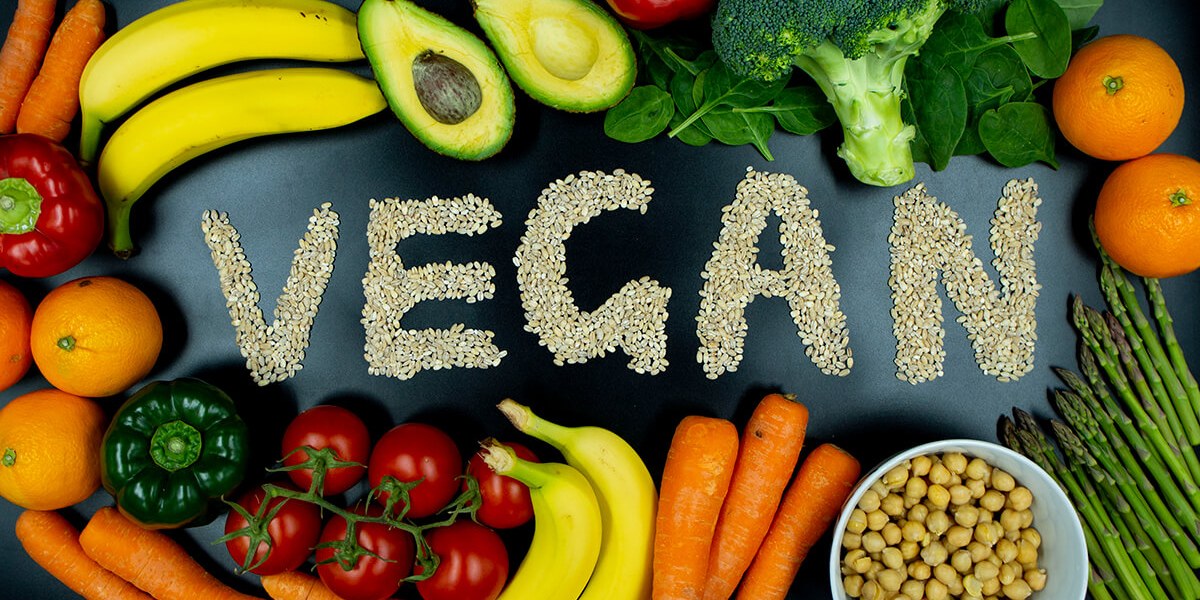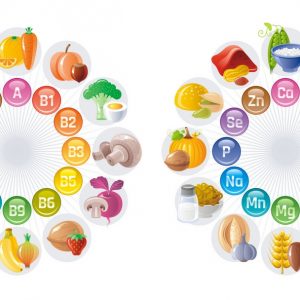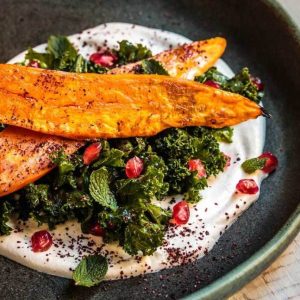Veganism has become more popular as more people have taken to this way of eating for its reputed medical advantages and morals surrounding animal welfare. It has not become a valid concern for everyone yet. Though the vegan diet has a growing following among athletes and bodybuilders.
What is a vegan weight training diet?
Bodybuilders try to build muscle through resistance training. Diet performs a key role as part of that training regime. It’s commonly acknowledged that for ideal muscle development, protein intake should be quite high at 0.7–1.0 grams per pound (1.6–2.2 grams per kg) of body weight every day.
A calorie intake of 10–20% above energy expenditure is also helpful for bulking up, particularly for the people who are not completely new to training.
Conventional weight training usually requires the intake of high levels of animal sourced foods because of their high protein and calorie content. The vegan weight lifting diet is free from animal proteins every and higher in protein than conventional vegetarian diets.
Foods to eat
-The vegan weight lifting diet as a rule incorporates a significant number of the following foods:
- Beans and vegetables. These give a decent amount of protein and fibre.
- Flax, sunflower, and Chia seeds. They contain a decent amount of protein and omega-3s.
- Quinoa and amaranth. These two pseudo grains give good sources of protein.
- Meat substitutes. Made to look and to feel like meat, these items are generally made with soy or pea protein.
- Soy items, such as tofu, tempeh, edamame, soy milk, and soy protein powder.
- Calcium-sustained plant milks and yogurts. These fortified items can help vegans with meeting their day to day requirements for calcium and nutrient D.
- Spirulina. This blue green plant packs a great deal of protein, just as a few nutrients and minerals.
- Vegan protein powders. The best assortments are generally produced using a mix of protein sources, for example, peas, hemp, and brown rice.
- Dietary yeast. Used in vegan cooking for its flavour, healthy yeast is normally enhanced with vitamin B12.
- Grain breads. These give a decent source of protein and complex carbohydrates.
- Oats. Oats give a decent amount of protein per serving, as well as fibre.
- Vegetables. These are a significant part of any vegan diet.
- Whole grains and oats. These can give a decent source of protein, B nutrients, and fibre.
- Nuts and nut spreads. They can give a decent source of protein when combined with other essential proteins. Besides, that they’re a decent source of fats.
- Tahini or Sesame Paste. This paste is produced using sesame seeds gives a high level of good fat and a touch of protein for every serving.
- Fats and oils. Oils, for example – olive, avocado, and hempseed -, give a decent source of good fats and some basic omega-3s.
- Vegan dark chocolate. High in cancer prevention agents, vegan dark chocolate contains some basic nutrients and minerals, for example, calcium, iron, potassium, magnesium, and nutrients A, B, and E.



